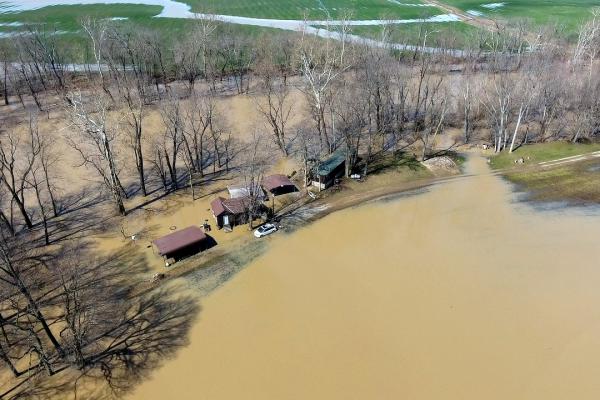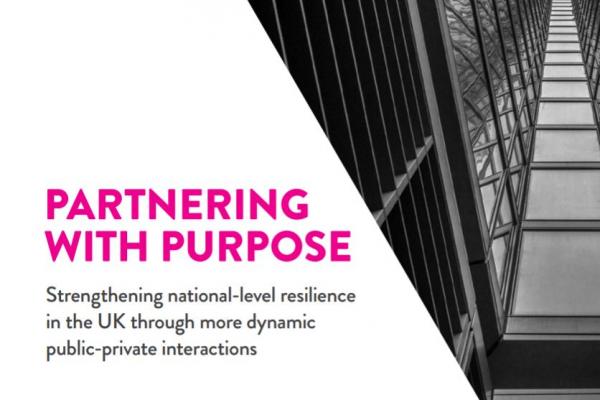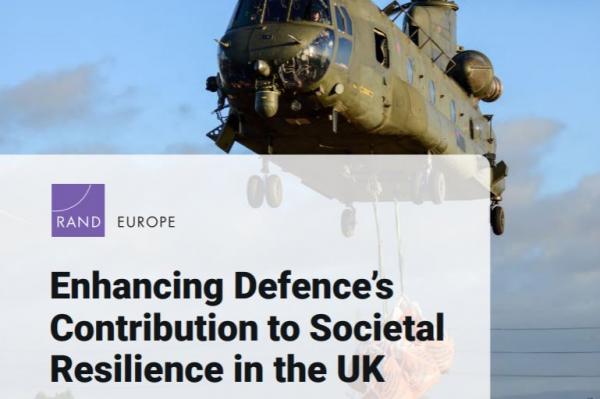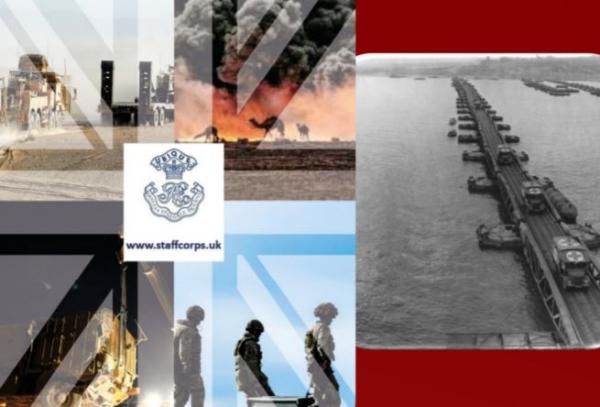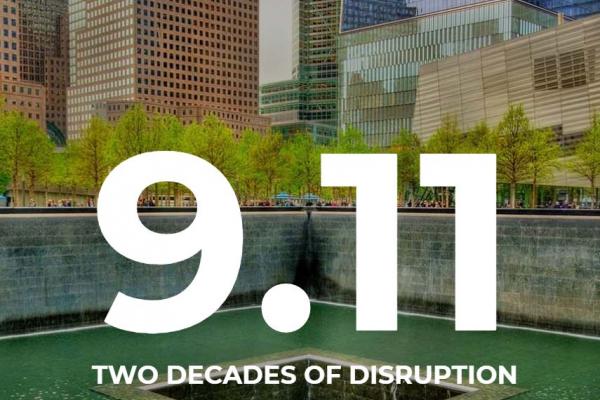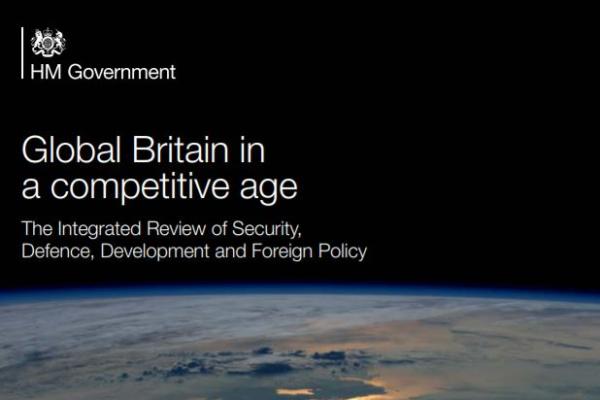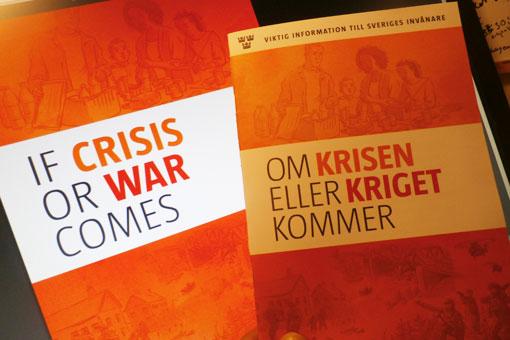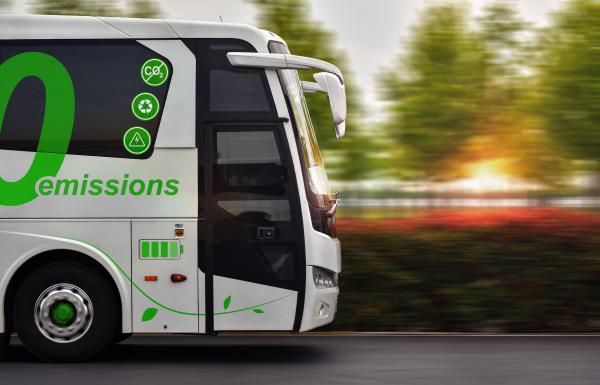The rapid advance of AI
Resilience First, in partnership with Cranfield University and Accenture, will soon be releasing a report on digital resilience that will look at developments to enhance and challenge the resilience of organisations.
Holding back the water
With more properties at risk of flooding, certain insurers are adopting new ways to help customers deal with the trauma and the damage. We can expect to see more innovation from the sector as costs rise for all parties.
A valuable contribution to building a resilient society
The House of Lords’ Select Committee on Risk Assessment and Risk Planning has published a report on ‘Preparing for Extreme Risks: Building a Resilient Society’. It is an important contribution to the debate on national resilience following the UK Government’s Integrated Review.
The Defence contribution to resilience
The concept of Military Aid to the Civil Authorities (MACA) is an old one but the UK MOD has recently updated its doctrine on how Defence can contribute to the nation’s resilience through MACA.
Watch out for these risks in 2022
Control Risks has recently launched its RiskMap 2022. In this article, CR’s analysts offer their views on the risks in the year ahead.
Our CEO, Michael Rooney, reflects on Resilience First at COP26
Day Four of Resilience First at COP26
‘Whole of Society’ – the civic dimension
A ‘whole-of-society’ is a term which is gaining much traction. But what does it mean when it comes to binding the community and individual aspects of resilience, and what changes in society may be necessary for it to have real impact?
Partnering with Purpose
This report, prepared by Marsh McLennan for the National Preparedness Commission, examines the opportunities for stronger interactions between public and private sectors.
Day Three of Resilience First at COP26
Day One of Resilience First at COP26
Enhancing Defence’s Contribution to Societal Resilience in the UK
A report conducted for the UK Ministry of Defence looks at how concepts of societal resilience vary across different countries and identifies good practices on how other nations promote societal resilience that might be adapted to the UK context.
Economic crime – a continuing cause for grave concern
The problem of economic crime continues to grow, as this update reveals. There are some positive messages within but not yet on the scale necessary to rise to the challenge.
Resilience – it comes with a price tag
If we are to become resilient as a nation then we need to pay a price in various ways but that price is a lot less than dealing with the aftermath of serious disruption.
Consequences of Kabul
Sir David Veness CBE QPM, former Under-Secretary General of the UN Department of Safety & Security, offers his thoughts on the retreat of Western forces from Afghanistan and the possible consequences in terms of terrorist activity.
Re-emergence Guide: Building small business resilience
The latest guide from Resilience First, working in partnership with Facebook and Russell-Cooke, sets out eight key pillars to help small businesses recover not just from the pandemic but also from all major disruptions.
Something to watch!
Recent earthquakes around the Teneguía volcano on La Palma in the Canaries suggest that the mountain is becoming more active. Previous studies have suggested potentially severe consequences should a major eruption occur.
A Citizens’ Army – the ELSC
The ELSC or Staff Corps is a valuable contribution to the UK’s military establishment, proving expertise and skills in emergencies and disasters. As the government looks at a civilian reservist cadre, the ELSC provides an example of a long-standing service.
Terrorism – past, present and future
A review of recent comments on the anniversary of 9.11 offer some insights on the state of play in the pervasive and pernicious world of terrorism and ongoing steps to counter it.
Response to Call for Evidence for the Integrated Review
The detailed responses to the Call for Evidence contained in a joint submission from Resilience First and the National Preparedness Commission provide comments and suggestions on the government’s review of national resilience.
A second review of London’s preparedness to tackle terrorism
Five years on from his 2016 review, the Chair of the National Preparedness Commission has been asked by London’s Mayor to conduct a new wide-ranging review of London’s preparedness to respond to a terrorist attack.
If crisis or war comes
First appearing on the National Preparedness Commission’s website, Ed Persson, an Executive Assistant with the Commission has turned his knowledge of Sweden’s preparedness measures into lessons for the UK in an emergency.
Resilience Realized
Resilience First’s strategic partner The Resilience Shift has announced a new awards and showcase for resilient infrastructure best practice.
Emotional resilience: lessons from the real world
Resilience First and KRTS International are jointly producing a whitepaper on emotional resilience for the late autumn and you are invited to take part so that lessons are incorporated from events you have experienced.


